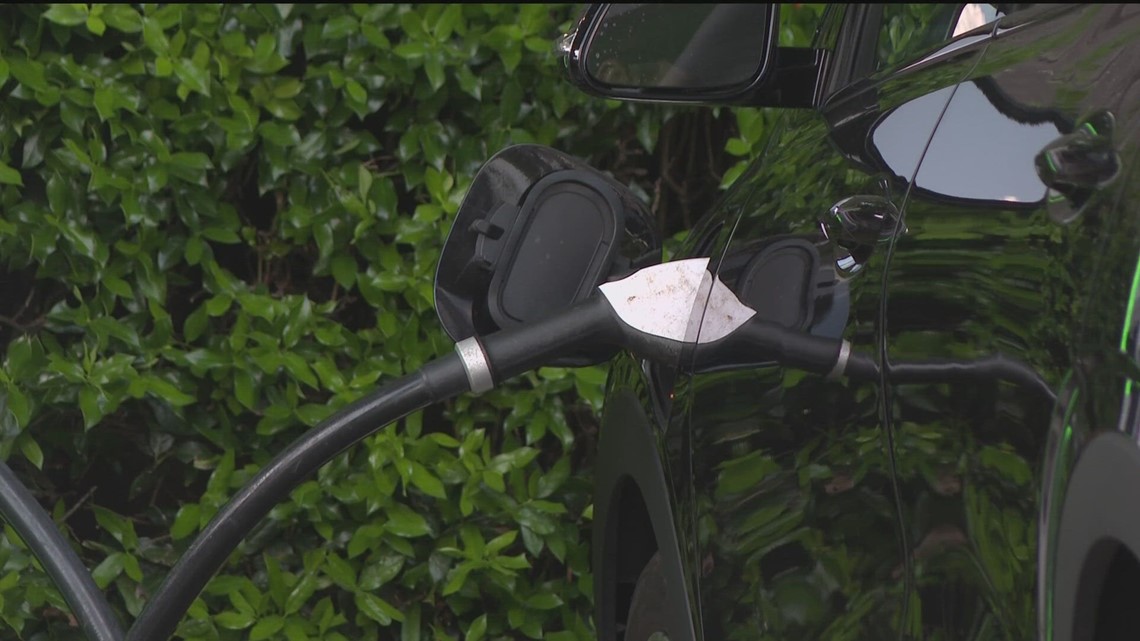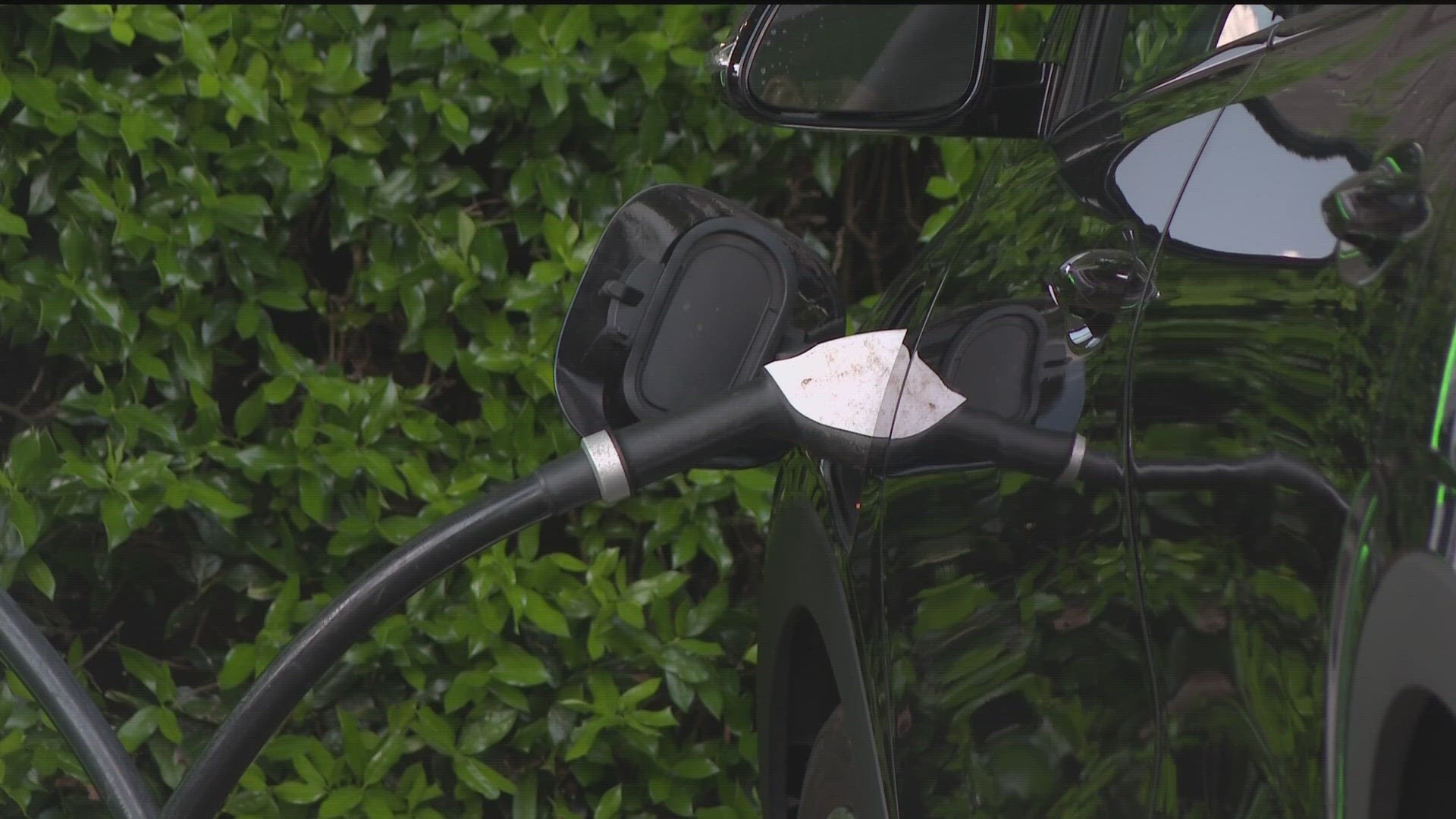ATLANTA — The Georgia Department of Transportation is about to launch a federally funded pilot program to study a user fee-based way to fund transportation.
Director of Policy and Government Affairs Joshua Waller presented to the State Transportation Board a Mileage-Based User Fee (MBUF) Pilot Project set to roll out across the state later in 2023.
MBUF charges drivers for the number of miles traveled, not for how much fuel they purchase. Since the early 1900s, road usage has been measured with a fuel tax. The more miles you drive, means more stops at the gas pumps. The tax on the fuel is considered a fee for the miles you drive.
A lot has changed over the last nine decades. Automakers are building more fuel-efficient vehicles, including Hybrid models. The demand for electric vehicles has steadily been increasing in recent years.
As drivers find themselves making fewer stops at the pumps, transportation officials are looking at different forms of transportation tax to continue funding road projects.
During the recent State Transportation Board meeting, board members acknowledge we can't continue to rely on a fuel tax for adequate funding.
"I don't think we have a choice. We're going to have to go to a user fee-based system," Cathy Williams, a board member, said.
GDOT is looking to sign up 150 stakeholder participants. These individuals must be involved in transportation. This first pilot program across Georgia is not open to the general public.


Waller explained to the board this pilot is about the experience for the user of the mileage-based approach. This includes the technology that'll be used to measure the miles driven, which includes GPS and non-GPS technology.
The pilot will last four months. Public surveys will also be sent out to help gauge attitudes and help educate the public on how transportation is funded.
Waller said the final report should be issued in the fall of 2024.
This pilot is strictly informational, and no one will actually be paying taxes differently. At the end of the pilot, participants will be able to see the difference, if there is one, in what they would pay for fuel tax verse the MBUF.
At least one board member questioned if this user-based fee would counter the tax credits given to drivers who switched to electric/hybrid vehicles.
"It’s not going to happen overnight, you’re probably talking about years and potentially a couple decades until you see complete transition over but you have to begin understanding what are the options out there and so I would view this pilot in the prism of fact-finding and understanding," Waller explained.
Three states, Washington, Oregon, and Utah, already have adopted mileage-based user fees; however, Waller said it's optional.
He said this pilot learning about the technology, how it works, education and the consumer experience.

